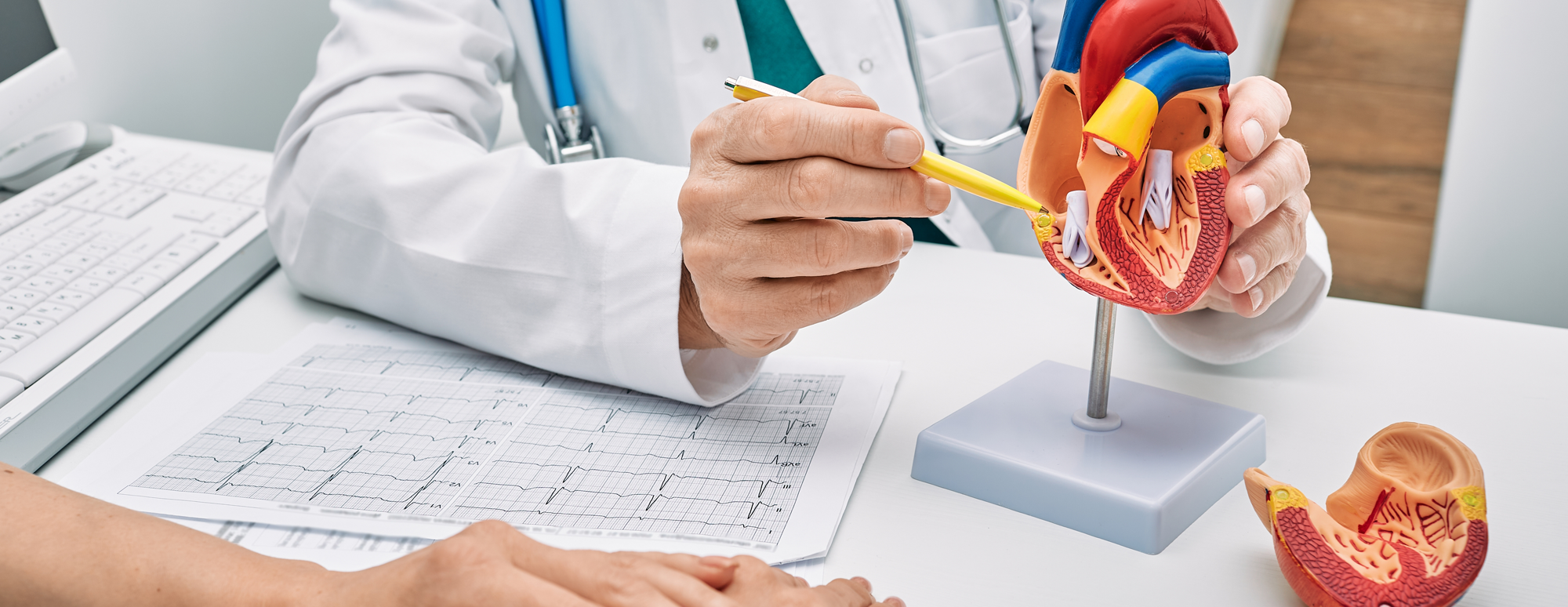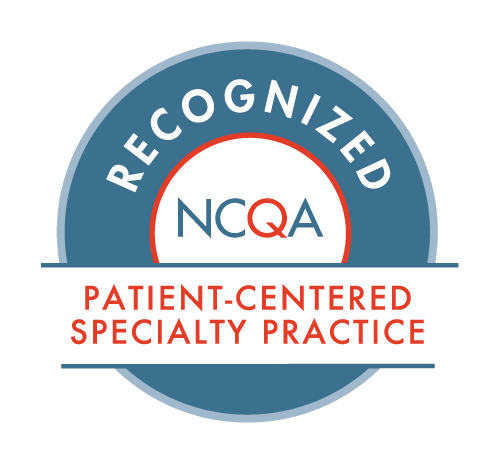When to See a Cardiologist
- Posted on: Oct 3 2022
When dealing with matters of the heart, you want to know that you are putting your health in the hands of experts. The heart specialists at Hunterdon Cardiovascular Associates (HCA) are devoted to helping you preserve the health of your heart and blood vessels over the long term and also helping you live well and enjoy a high quality of life.
Here’s what you need to know about heart and blood vessel specialists known as cardiologists, including the conditions they treat and the signs you need to see a cardiologist.
What Is a Cardiologist?
A cardiologist is a medical doctor who has attended a 4-year medical school, completed an internal medicine residency, and then completed additional training specific to conditions of the heart and blood vessels. By the time a physician becomes a cardiologist, they typically have had 6 to 8 years of additional training after medical school that makes them a cardiovascular expert. Cardiologists spend their careers helping patients manage conditions of the heart and vascular system—however, the education of a cardiologist never truly ends. Board-certified cardiologists complete continuing medical education so they can stay up to date on the latest ways to serve their patients.
What Do Cardiologists Treat?
A cardiologist specializes in conditions of the cardiovascular system. This system includes the heart and blood vessels. This cardiovascular system is intimately connected with your overall health because your heart and vessels help supply blood to all of your body’s vital organs. When your cardiovascular system is not functioning properly, it can cause you to feel tired or weak, and you may even feel pain.
Cardiologists treat many extremely common cardiovascular conditions, such as the following:
- Hypertension (high blood pressure)
- Dyslipidemia (abnormal cholesterol levels)
- Coronary artery disease
- Heart failure
- Cardiomyopathy
- Cardiac arrhythmias
- Carotid artery disease
Cardiologists are experts at treating other, less common cardiac diseases, such as valvular heart disease, endocarditis, and myocarditis, too. A cardiologist can help treat vascular conditions, like peripheral artery disease (PAD) or aneurysms (such as an aortic or abdominal aneurysm). They can also evaluate the health of your heart before or after you undergo an operation.
When to See a Cardiologist?
You should be aware of certain serious signs and symptoms that may indicate it is time to see a cardiologist. These symptoms include the following:
- Chest pain
- Shortness of breath
- Color changes in your skin (especially if your lips, fingers, or toes are turning blue)
- Feeling lightheaded or passing out
- Feeling like you have an irregular or abnormally fast heartbeat
- Experiencing swelling in your arms or legs
- Having sudden weight changes
- Having deep, aching pain in your legs after walking
Symptoms of a heart condition may be more subtle, too, such as gradually feeling more tired or out of breath while performing simple daily activities like walking to your mailbox.
Certain medical conditions, such as diabetes, kidney disease, and nicotine dependence, can make you more likely to have a heart condition. If you have a family history of heart disease, especially if a close relative has experienced a heart attack at a young age, it is also a good idea to see a cardiologist.
When you meet with a cardiologist to address your symptoms, they will take time to understand what you have been experiencing before conducting a detailed physical examination. To get a better picture of your overall heart health, they may recommend diagnostic tests such as an echocardiogram, an electrocardiogram, a CTA, an MRI, or an event monitor. After gathering information about your heart’s health, a cardiologist will work with you to devise a personalized treatment plan that matches your lifestyle and health goals.
How to Find a Cardiologist
If you are experiencing the signs or symptoms of a heart or blood vessel condition, it can be intimidating. However, the expert team of cardiologists at Hunterdon Cardiovascular Associates (HCA) is here to help. Hunterdon cardiologists are dedicated to providing the highest quality of holistic care in a patient-centric environment. And, no matter what cardiovascular condition you are managing, HCA has you covered, with several centers dedicated to different needs of the heart and blood vessels.
To learn more about cardiovascular disease or to schedule a consultation with one of our specialists, please contact us today.
Posted in: Cardiovascular Diseases



